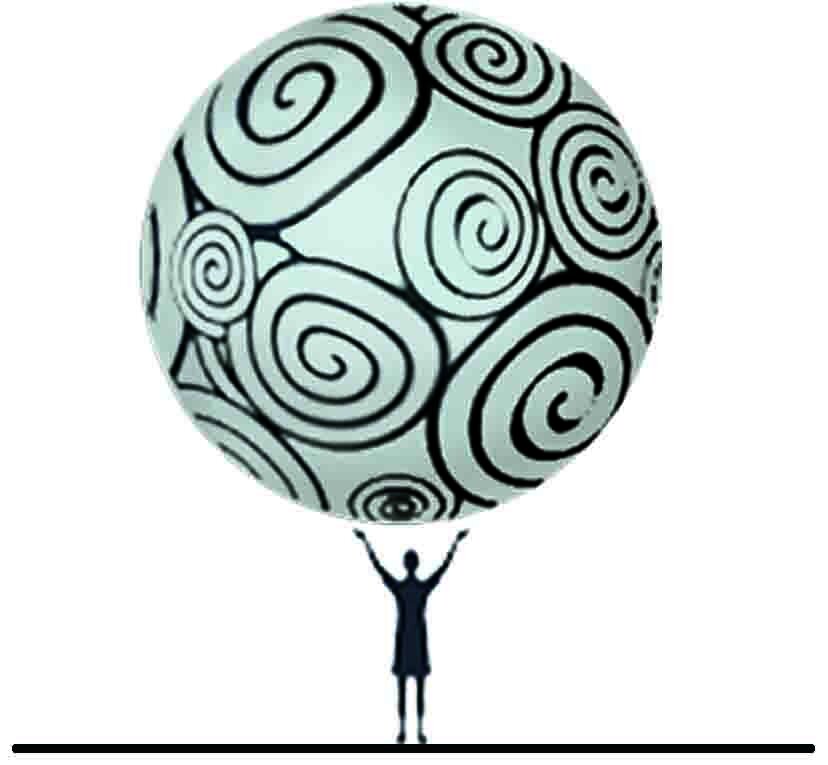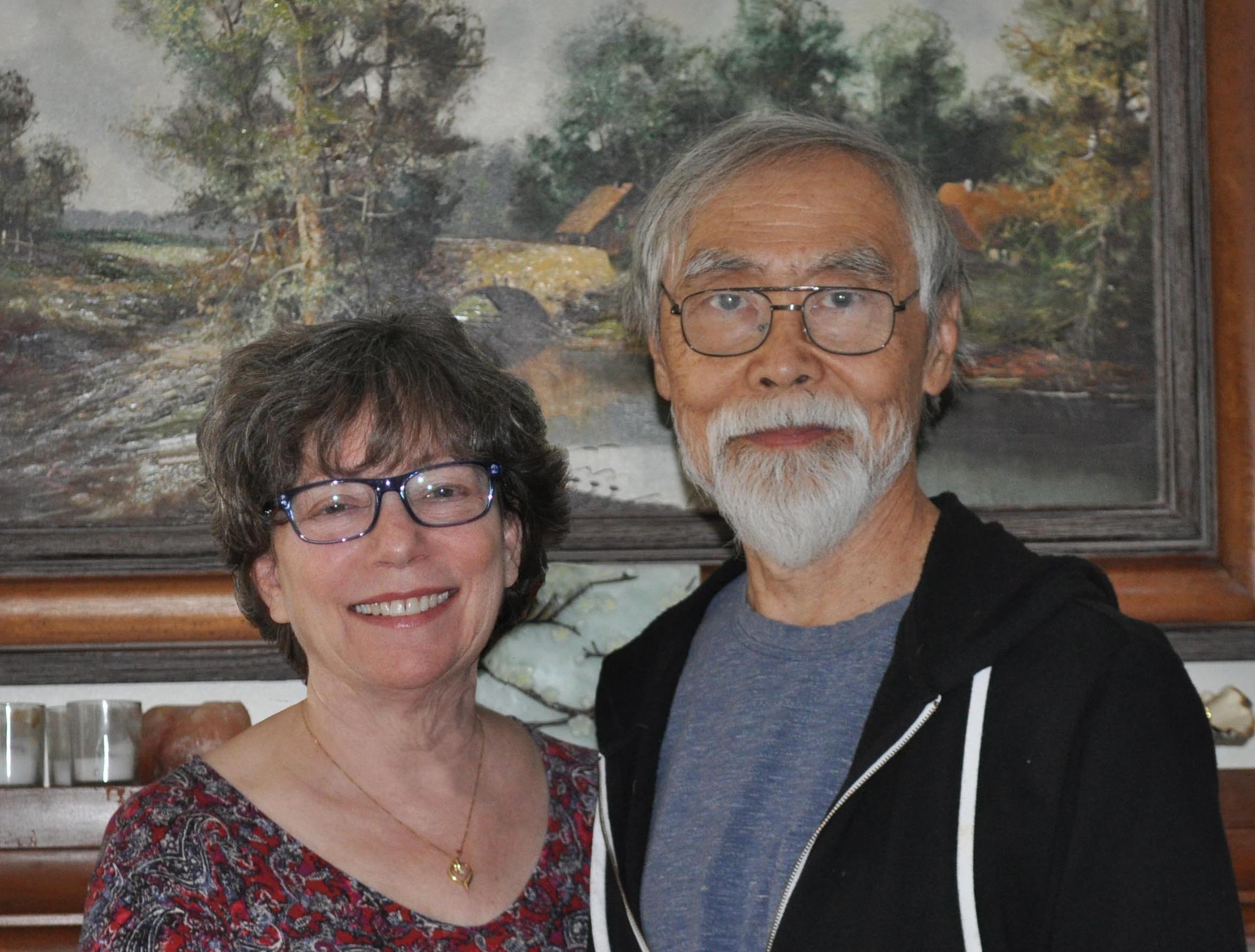I love our clients and the work we do for them. What I do NOT love having to set up a blog post and then recreate the same thing for our newsletter all over again. It makes me c-r-a-z-y.
Fortunately, I don't have to do that any more and neither do our clients who use the same system we now use (which is more every day, they love it).
With MailChimp's* "RSS-to-Email" feature I set up and schedule my blog posts (on my Squarespace website, natch) and when the blog post goes live (at the day/time I specify) the website sends it to my social media accounts. Then, a few hours later, MailChimp searches for any new blog posts on our website (on the schedule I tell it to), grabs them, drops them into our newsletter format, and sends out a newsletter. Awesome. The image here is of our template. See the part with the RSS code? That's where the blog post gets dropped in. The other parts get changed whenever we want, or not.
Bonus: We can take a few days off and it all runs automatically.
It's also great because some people prefer to get news via email instead of having to check blogs or use an RSS reader. Win-win.
There are tons of other great features in MailChimp, check them out here.
If you have questions or need help getting it all set up let us know. Your mileage may vary depending on your website platform and your blog. We use Squarespace for almost all our website design. Absolutely awesome company. See our handiwork here.
* I don't get anything for loving MailChimp, they're just a great company and want you to know about them.





